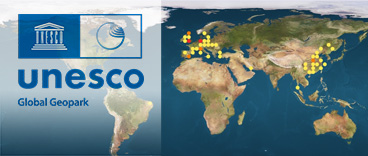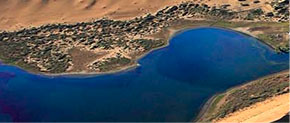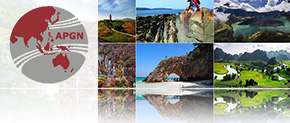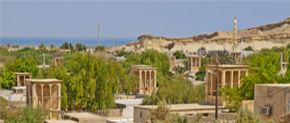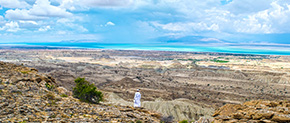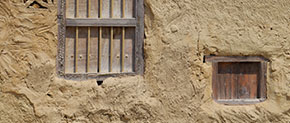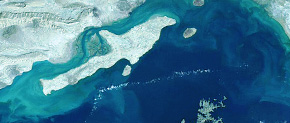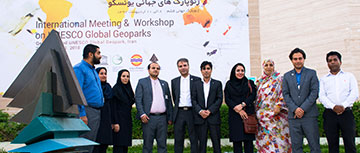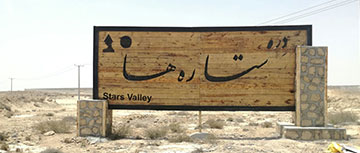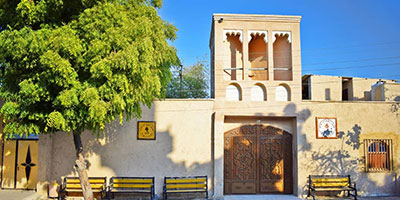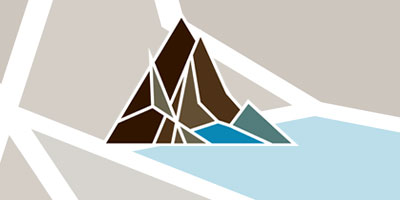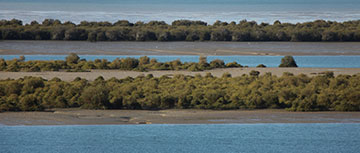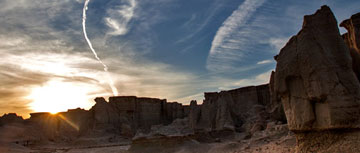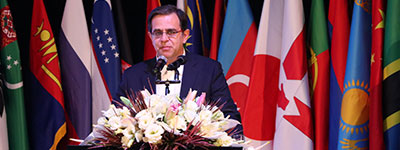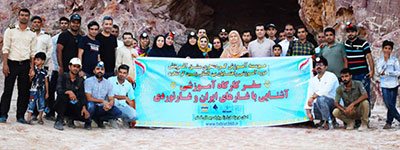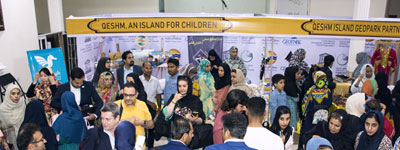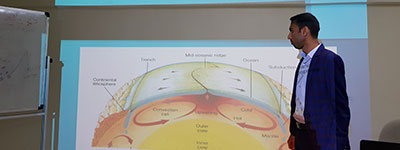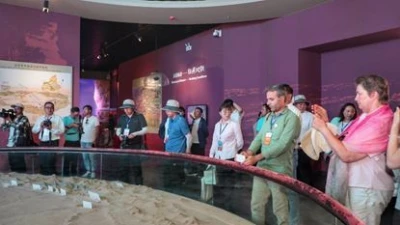According to Public Relations and International Affairs of Qeshm Free Zone Organization, In order to formally evaluate of China Dunhunang Global Geopark, Engineer Alireza Amri Kazemi, Director of Qeshm Global Geopark, together with Dr. Ferry from Germany, deployed to the area to review the China Dunhuang Geopark implementation and operational process.
In this regard, Director of Qeshm Global Geopark said: Geoparks on the UNESCO World Wide Web of Geoparks are formally reviewed by evaluators every four years.
And during this assessment from geosites, information centers and infrastructure facilities of the geoparks are visited, and the results of the evaluation are kept confidential to the UNESCO High Council.
Alireza Amri Kazemi continued: Periodically reviewing and verifying the capability of worldwide registered geoparks and evaluating and auditing areas requesting accession to the UNESCO Global Geoparks Network is the responsibility of the UNESCO International Geoparks Assessment Team.
He added: Dunhuang Geopark is located in the north of China and covers an area of about 2000 square kilometers, with a population of 200,000. The main landscapes of this China global geopark is erosion and desertification, and geographically is similar to Qeshm Global Geopark in terms of geology and extent.
Director of Qeshm Global Geopark, stating that UNESCO evaluators will visit Qeshm Global Geopark next year, said: In line with UNESCO's International Plan for Earth Sciences and Geoparks, promoting the concept of geopark as a successful management paradigm for exploiting, simultaneously protecting natural resources around, and transferring them to future generations is on the agenda.
Geopark is an area with distinct geographical boundaries, which in addition to geological phenomena has historical, ecological, and other cultural and natural heritage, and these areas must be able to contribute to the economic development of their surrounding communities, by playing an effective role through the expansion of tourism land.
According to Public Relations and International Affairs of Qeshm Free Zone Organization, In order to formally evaluate of China Dunhunang Global Geopark, Engineer Alireza Amri Kazemi, Director of Qeshm Global Geopark, together with Dr. Ferry from Germany, deployed to the area to review the China Dunhuang Geopark implementation and operational process.
In this regard, Director of Qeshm Global Geopark said: Geoparks on the UNESCO World Wide Web of Geoparks are formally reviewed by evaluators every four years.
And during this assessment from geosites, information centers and infrastructure facilities of the geoparks are visited, and the results of the evaluation are kept confidential to the UNESCO High Council.
Alireza Amri Kazemi continued: Periodically reviewing and verifying the capability of worldwide registered geoparks and evaluating and auditing areas requesting accession to the UNESCO Global Geoparks Network is the responsibility of the UNESCO International Geoparks Assessment Team.
He added: Dunhuang Geopark is located in the north of China and covers an area of about 2000 square kilometers, with a population of 200,000. The main landscapes of this China global geopark is erosion and desertification, and geographically is similar to Qeshm Global Geopark in terms of geology and extent.
Director of Qeshm Global Geopark, stating that UNESCO evaluators will visit Qeshm Global Geopark next year, said: In line with UNESCO's International Plan for Earth Sciences and Geoparks, promoting the concept of geopark as a successful management paradigm for exploiting, simultaneously protecting natural resources around, and transferring them to future generations is on the agenda.
Geopark is an area with distinct geographical boundaries, which in addition to geological phenomena has historical, ecological, and other cultural and natural heritage, and these areas must be able to contribute to the economic development of their surrounding communities, by playing an effective role through the expansion of tourism land.


